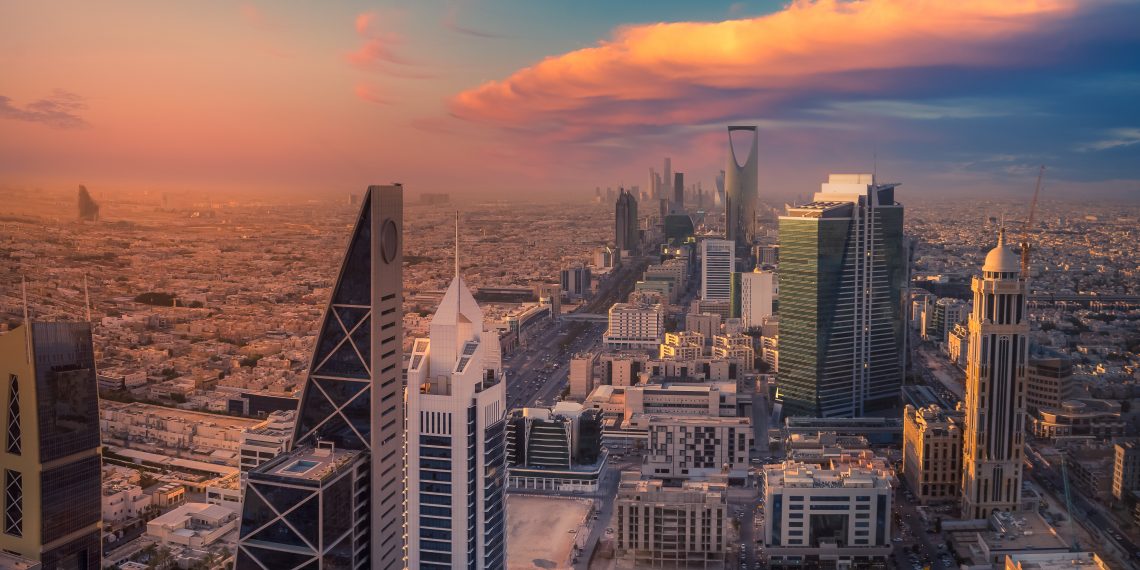Saudi Arabia’s economy has reached a new milestone with its non-oil sector revenues hitting an unprecedented $453 billion.
The nation’s economic diversification efforts have paid off, with the non-oil sector now accounting for half of the country’s gross domestic product (GDP) in 2023, according to the Saudi ministry of economy and planning.
Growth in exports, investments, and consumer spending have been the main drivers behind the non-oil economy’s impressive $453 billion valuation. The private sector’s investments surged by 57 percent, topping out at a record 959 billion Saudi Riyals ($254 billion).
Remarkable growth was also observed in the arts and entertainment sector, as well as real service exports, which skyrocketed by 106 percent and 319 percent, respectively. This transformation reflects Saudi Arabia’s emergence as a global hub for tourism and entertainment.
The food sector in the Kingdom saw a significant upturn with a 77 percent surge, while the transport and storage services experienced a 29 percent increase. Other sectors such as health and education saw a growth of 10.8 percent; trade, restaurants, and hotels by 7 percent; and transport and communications by 3.7 percent.
Historically, Saudi Arabia has been recognized as a pivotal member and swing producer within the Organisation of Petroleum Exporting Countries (OPEC), capable of influencing commodity supply and market prices.
In a strategic move, Saudi Arabia reduced its oil output by one million barrels per day in June 2023, aligning with OPEC’s efforts to stabilize the market.
These advancements in the non-oil sector are in line with the nation’s ‘Saudi Vision 2030’, introduced by Crown Prince Mohammed bin Salman. The vision aims to diversify the economy and create jobs through various initiatives like privatising state-owned entities, advancing industries such as renewable energy and tourism, and modernizing the educational system.
Part of this long-term plan includes scaling up renewable energy capacity to 60 gigawatts by 2030, a considerable increase from the current 2.8 GW.
In a related move, Saudi Aramco, the nation’s state-owned oil company, is contemplating the sale of a 2.5 percent stake, estimated to be worth $50 billion. Aramco, regarded as the largest oil firm globally, boasts a market value of $2.25 trillion and previously set records with the biggest IPO in history, raising $25.6 billion.
On December 23, 2023, Saudi Arabia announced a 300 percent boost in its renewables capacity, further reaffirming its commitment to energy diversification.


